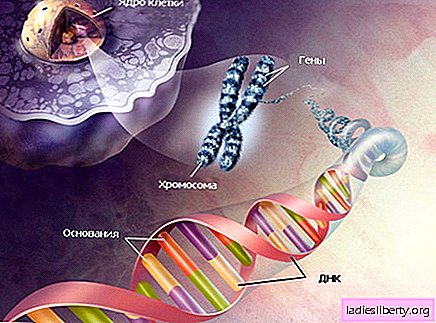
Studies have shown that there is a close relationship between forgiveness and well-being. Every person in his life at least once offended or offended, but not everyone was able to cope with this. Most people for a long time harbor insults in themselves, think about them, about the injustice that befell them, think about revenge. Only few people know that there is another method of getting rid of negative feelings - it is enough just to forgive the person who offended you. Thanks to forgiveness, a person will save himself from unnecessary stress and worries, improve his well-being.
Atlanta researchers have come to such conclusions long ago. They noted that a person who has forgiven his offender is practically not prone to pain in the back, to breakdowns on the basis of drug or alcohol addiction. For the study, scientists studied brain activity using magnetic resonance imaging. The results showed that even the thought that the offender can be forgiven triggers activity in the left hemisphere, or rather, in the area of the middle temporal gyrus. It turns out that in the human brain there is a department that is responsible for forgiveness.
The ability to forgive has a positive effect on the human body, his mental state. How can you learn this? To forgive is not to accept injustice towards yourself. Try to forgive a particular person inside you; it will become easier, calmer. So a person can gradually forget about the wound.
Also, researchers have proven that there is a relationship between hidden resentment and stress. If a person wants to get rid of stress, you just need to learn to forgive your offenders. In this case, not only will the state of mind improve, but sleep will also normalize, the person will be filled with energy.











